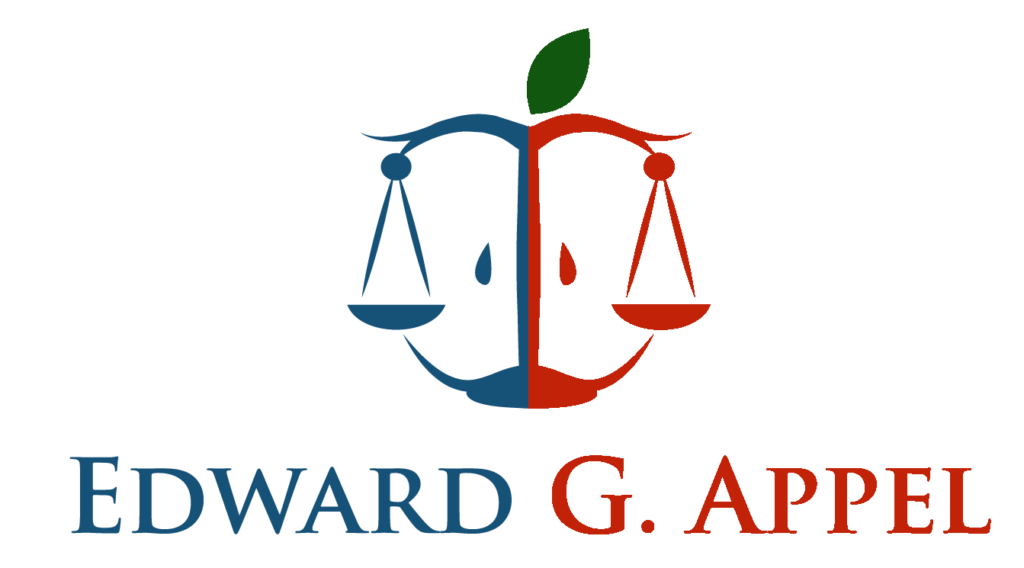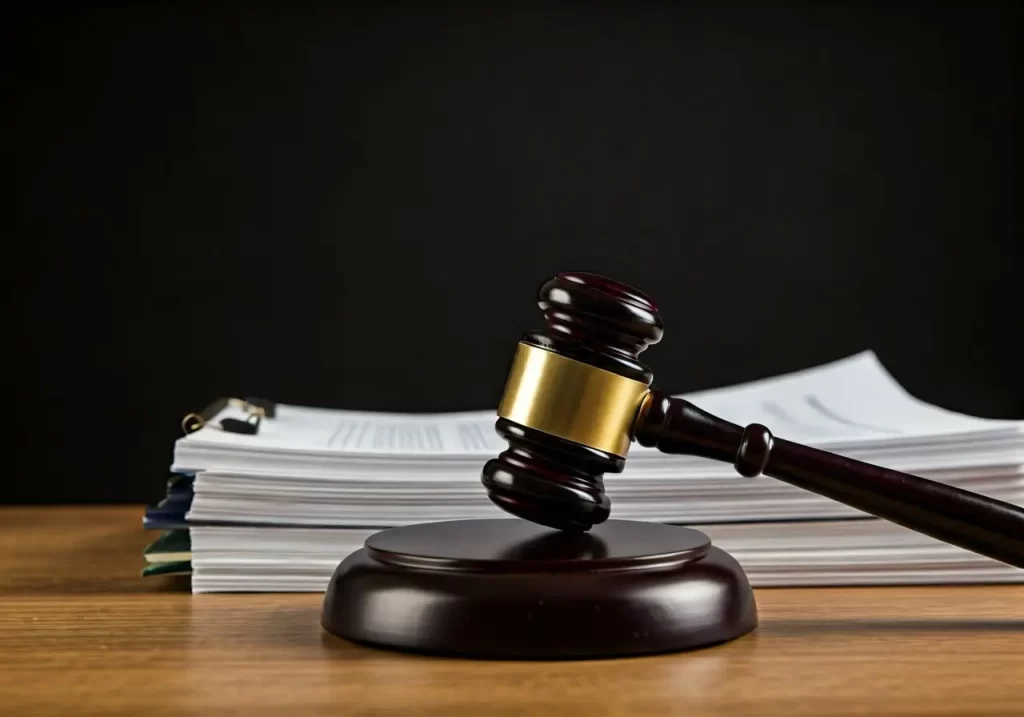Traffic court can be a daunting experience, especially if you’re not familiar with the proceedings. Many people have misconceptions about what to expect and whether they need legal representation. In this blog post, we will unravel some common misunderstandings about traffic court and explain how a traffic court attorney can make the process smoother and more manageable.
Understanding the Role of Traffic Court
Many people believe that traffic court is simply a place to pay fines or plead guilty. However, its purpose extends far beyond that. Traffic court is a legal forum where individuals can contest traffic violations, negotiate penalties, and even fight for the dismissal of charges. A common misunderstanding is viewing tickets as an automatic guilty verdict. In reality, traffic court provides the opportunity to challenge these perceptions and assert one’s rights, potentially mitigating penalties or having charges dropped. Many wrangled accusations result from busting myths—like wrongly believing errors on a ticket ensure automatic dismissal. According to Andrew Maze, minor mistakes on a ticket don’t guarantee dismissal; understanding the nuances of your situation can ultimately alter its direction.
Another facet often overlooked is the importance of evidence and documentation presentation. Whether it’s demonstrating procedural mistakes made during the issuance of a ticket or supplying proof contradicting the officer’s account, traffic courts allocate space for such defenses. Moreover, it is an environment designed to manage the fine lines of traffic regulation and law, providing a structured pathway to resolve disputes—much like the course taken by a Criminal & DUI Lawyer in New Jersey. This setting emboldens individuals to question the validity of claims against them while accessing a formal platform to present their defense in a procedural manner.
Sometimes, a court appearance could lead to negotiating lesser sanctions or opting for defensive driving courses instead of harsher penalties. It’s not about admitting guilt at face value; it’s about evaluating each legal hiccup carefully. As highlighted by Andrew Maze, issuing officers not attending a hearing doesn’t guarantee unwarranted dismissal either. An informed approach strengthens defenses while ensuring justice isn’t blindfolded within constitutional bounds. Overall, traffic court serves as an arena promoting both accountability and rectification, offering each accused a fair review beyond summary fining processes.
Common Misconceptions About Representing Yourself
A prevalent misunderstanding is that representing oneself is straightforward and cost-effective. In reality, self-representation can lead to heavier penalties or missed opportunities for defense. Understanding the nuances of legal procedures is crucial in presenting a strong case. Just as mythology clouds our perception of traffic violations, the belief persists that one can effortlessly maneuver through legal restrictions without fully appreciating judicial intricacies. Self-represented defendants often lose sight of scheduling procedures, legal submissions, or administrative nuances, leaving room for avoidable errors.
For example, many believe they can walk into a courtroom, plead their case, and have a sympathetic judge immediately dismiss the charges if they were issued a faulty ticket. Unfortunately, this is rarely the case in practice. The nuances of traffic law often require expertise beyond general intuition. Take unnecessary risks with unsubstantiated claims, and you might find yourself paying more or facing harsher penalties than someone who purchased the guidance of a professional attorney.
How an Attorney Can Navigate Legal Complexities
Traffic court attorneys specialize in traffic laws and regulations. They possess the expertise to analyze your case, identify procedural errors, and build an effective defense strategy. Their experience can influence the outcome significantly, often resulting in reduced penalties or case dismissals. Having an attorney inside this procedural labyrinth is akin to attending a particularly difficult college course with a tutor—someone guiding, explaining, and preparing you for better execution at exams.
Legal practitioners bridge gaps in understanding, ensuring that technical jargon doesn’t leave their clients behind. Their deep comprehension of state-specific traffic rules, such as New Jersey’s adherence to the Driver License Compact, ensures nothing is amiss when compiling defensive arguments. This knowledge extends through recognizing not only how to comply with formal expectations but recognizing insights often unnoticed by first-timers. Expertise from attorneys can sway negotiations to more favorable terms or ensure defenses are compellingly constructed, minimizing setbacks during hearings in traffic court.
The Importance of Legal Advice in Traffic Court
Legal advice is crucial when navigating the complexities of traffic court. An attorney can guide you through the legal jargon, explain your rights, and ensure you’re making informed decisions. This support can transform a daunting process into a manageable one. Many might wonder why legal assistance is paramount—the truth is, minute intricacies found in legal requirements or procedural updates can significantly alter case outcomes.
Sound legal counsel translates into a broader appreciation of courtroom interactions, helping formulate more effective strategies and counter-statements against prior misconceptions sabotaging the unprepared. For those unfamiliar with tactical legal rebuttals, attorney assistance provides a spectrum of insights previously alien to defendants inexperienced within this domain. Their involvement enhances legal safeguard measures, mediating daunting legal domains while prioritizing assertive advantages intervening in your defense against alleged contraventions.
Case Scenarios Where an Attorney Is Essential
Certain cases, such as those involving serious violations or repeat offenses, warrant the professional aid of an attorney. Serious offenses may involve allegations beyond speeding, reaching into reckless driving, or DUI charges—which often imply severe legal repercussions upon conviction. The stakes in these situations are high, and the expertise of a seasoned lawyer can be instrumental in achieving the best possible outcome.
Underlying such cases is the threat of hefty fines, increased insurance premiums, or even imprisonment, leading to less favorable consequences without effective representation. At times, navigating traffic court isn’t restricted to the minor infractions people often consider trivial. Such levels of severity necessitate engaging an attorney well-versed in representing drivers facing punitive traffic allegations. Consider reaching out to a Criminal & DUI Lawyer in New Jersey like South Jersey DUI when standing against weighty accusations to ensure comprehensive advocacy enshrined within your defense.
Beyond representation, attorneys can leverage their knowledge to delve deeper and identify grounds to contest procedural misconduct or that familiar methodical oversight during evidence gathering. Consider relaying your concerns to seasoned professionals who prioritize clarity and adept resolution—ensuring charges don’t scar your future irreparably. With so much on the line, it’s crucial to align legal ambitions with a committed legal companion, ensuring your rights are unwaveringly defended inside traffic court.
Simplifying Traffic Court with the Right Support
Navigating traffic court can be confusing and overwhelming, but understanding the process and having a knowledgeable attorney on your side can make a significant difference. From effectively challenging tickets to ensuring your rights are protected, an attorney can provide the support and expertise you need. Don’t let misconceptions deter you from seeking the help you deserve.


